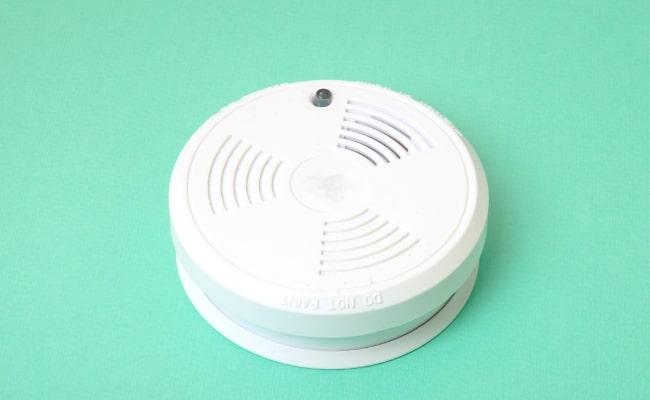Carbon monoxide (CO) is a colorless, odorless gas that can be deadly if inhaled in high concentrations. Carbon monoxide detectors are essential safety devices designed to alert you to the presence of CO, giving you time to evacuate and seek fresh air. While continuous alarm sounds indicate a serious threat, intermittent alarms can be just as concerning. Understanding the potential causes of these sporadic alerts and taking appropriate action is crucial for ensuring your safety and well-being.
This article will delve into the reasons behind carbon monoxide detector going off then stopped, exploring common sources of CO spikes, essential safety precautions, ventilation best practices, and the importance of professional inspection and maintenance. By following the guidance provided, you can effectively address intermittent CO detector alarms and create a safer living environment for yourself and your loved ones.
Intermittent Carbon Monoxide Detector Alarms
An carbon monoxide alarm went off once or intermittently going off followed by silence suggests a brief surge in CO concentration that has since subsided. This doesn’t necessarily mean the danger has passed, as another spike could occur at any time. It’s crucial to investigate potential sources of CO and take immediate steps to mitigate the risk.
While intermittent alarms might seem less alarming than continuous ones, they should never be ignored. A single carbon monoxide detector going off then stopped can indicate a developing problem that requires attention. Remember, even brief exposure to high levels of CO can have serious health consequences.
Causes of CO Spikes

Several factors can contribute to intermittent CO spikes in your home:
- Malfunctioning Appliances: Gas stoves, furnaces, water heaters, and fireplaces can produce CO if not properly maintained or ventilated. A faulty burner, cracked heat exchanger, or blocked flue can lead to dangerous CO leaks.
Running Vehicles Indoors: Never run a car engine inside a garage or enclosed space, as this can quickly fill the air with deadly CO. Even idling vehicles can release significant amounts of CO.
Improper Ventilation: Insufficient airflow can trap CO indoors. Blocked vents, closed windows, and inadequate exhaust systems can exacerbate the problem.
- Fuel-Burning Generators: Portable generators should always be operated outdoors and away from windows and doors to prevent CO buildup.
Safety Precautions for CO Exposure
If your carbon monoxide detector went off then stopped, or if you suspect a CO leak, take immediate action:
- Evacuate Immediately: Leave the building immediately and move to fresh air. Do not re-enter until the source of the leak has been identified and repaired.
- Call 911: Report the incident to emergency services and request assistance in identifying and addressing the CO leak.
- Seek Medical Attention: If you experience symptoms of CO poisoning, such as headache, dizziness, nausea, or confusion, seek medical attention immediately.
Ventilation and Airflow

Proper ventilation is crucial for preventing CO buildup indoors:
- Install Exhaust Fans: Ensure that bathrooms, kitchens, and laundry rooms have adequate exhaust fans to remove moisture and potentially harmful gases.
- Open Windows Regularly: Ventilate your home by opening windows and doors whenever possible, especially when using fuel-burning appliances.
- Check Vents and Flues: Inspect vents and flues regularly for blockages or damage. Keep them clear of debris and obstructions.
Professional Inspection and Maintenance
Regular professional inspections are essential for ensuring the proper functioning of your CO detectors and identifying potential sources of leaks:
- Test Detectors Monthly: Test your CO detectors monthly by pressing the test button to ensure they are working correctly. Replace batteries as needed.
- Schedule Annual Inspections: Have a qualified technician inspect your heating system, appliances, and ventilation systems annually to identify any potential hazards.
Conclusion
Intermittent carbon monoxide detector going off then stopped alarms should never be disregarded. While they may indicate brief CO spikes that have subsided, they serve as a warning sign that requires immediate attention. By understanding the potential causes of these alerts, taking necessary safety precautions, ensuring proper ventilation, and scheduling regular professional inspections, you can effectively address intermittent CO detector alarms and create a safer living environment for yourself and your loved ones. Remember, early detection and prompt action are crucial when it comes to protecting yourself from the dangers of carbon monoxide poisoning.



